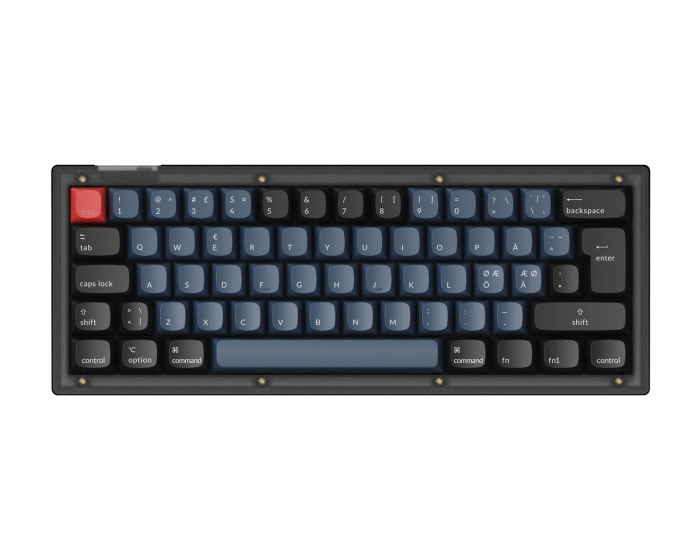
Ducky One 3 Yellow Mini 60% MX Silent Red - ND - Pelinäppäimistö - ilman numpadia - Pohjoismainen - Keltainen

Mini 60% mekaaninen näppäimistö sinisellä kytkimellä, jäänsininen taustavalaistu pelaaminen | Fruugo FI

Ducky One 3 - Bon Voyage Nordic - Mini 60% - Cherr - Pelinäppäimistö - ilman numpadia - Pohjoismainen - Valkoinen

Varmilo VA69 Special Edition - RGB - Cherry MX Punainen - Pelinäppäimistö - ilman numpadia - Pohjoismainen - Punainen, katso halvin hinta Starcartista – Starcart

Ducky One 2 SF RGB - Cherry MX Brown - Pelinäppäimistö - ilman numpadia - Pohjoismainen - Musta / Mekaaniset näppäimistöt / DKON1967ST-BFIPDAZT1 / Tietokonekauppa.fi - kaikki mitä tarvitset


















